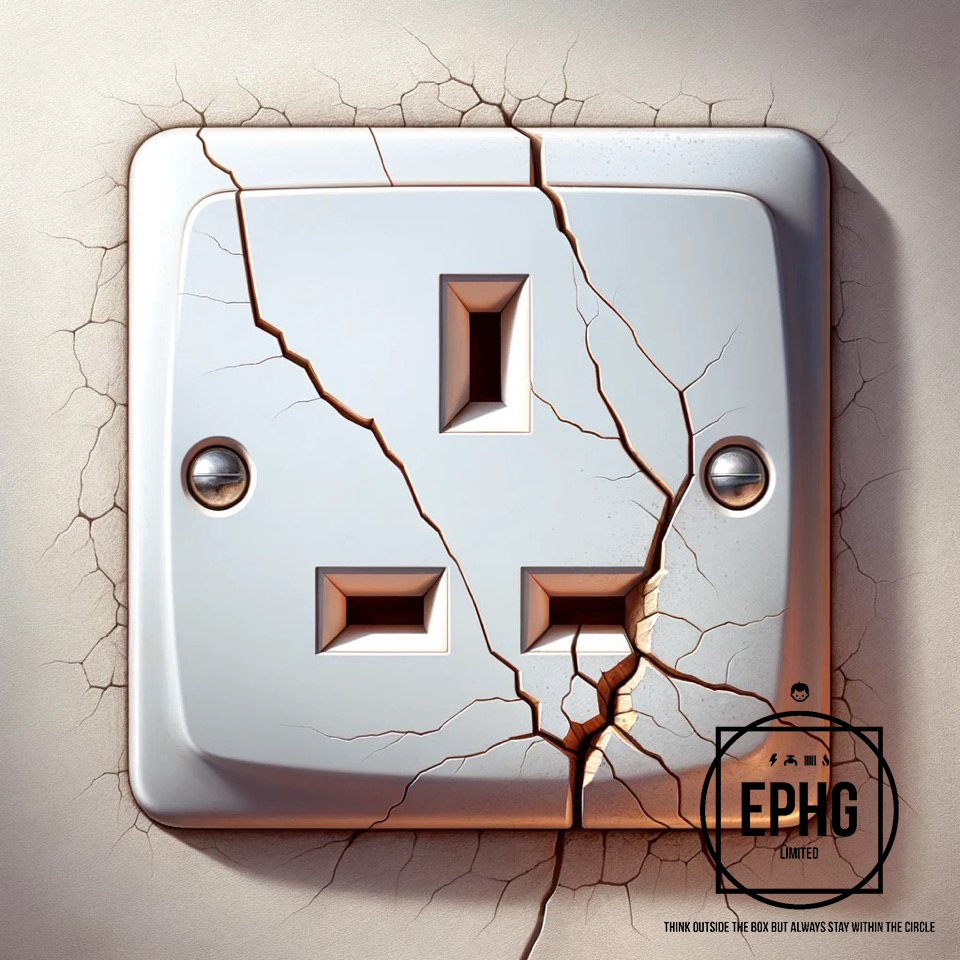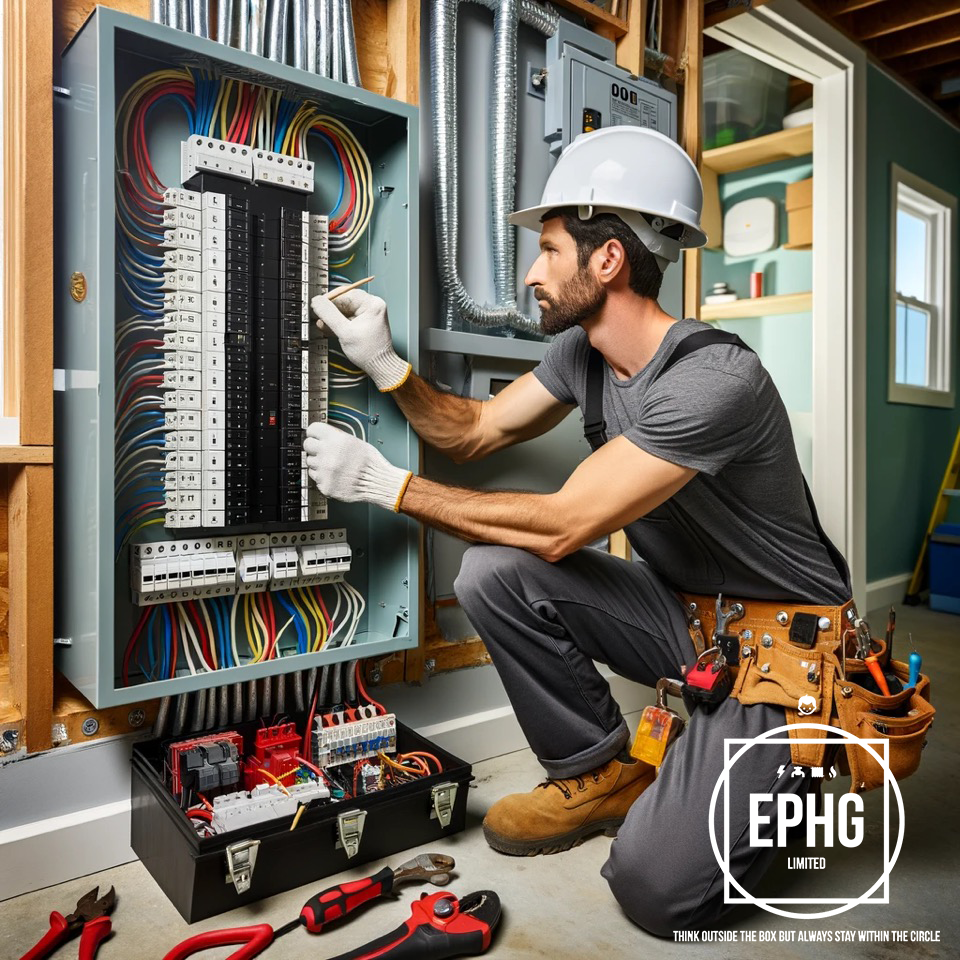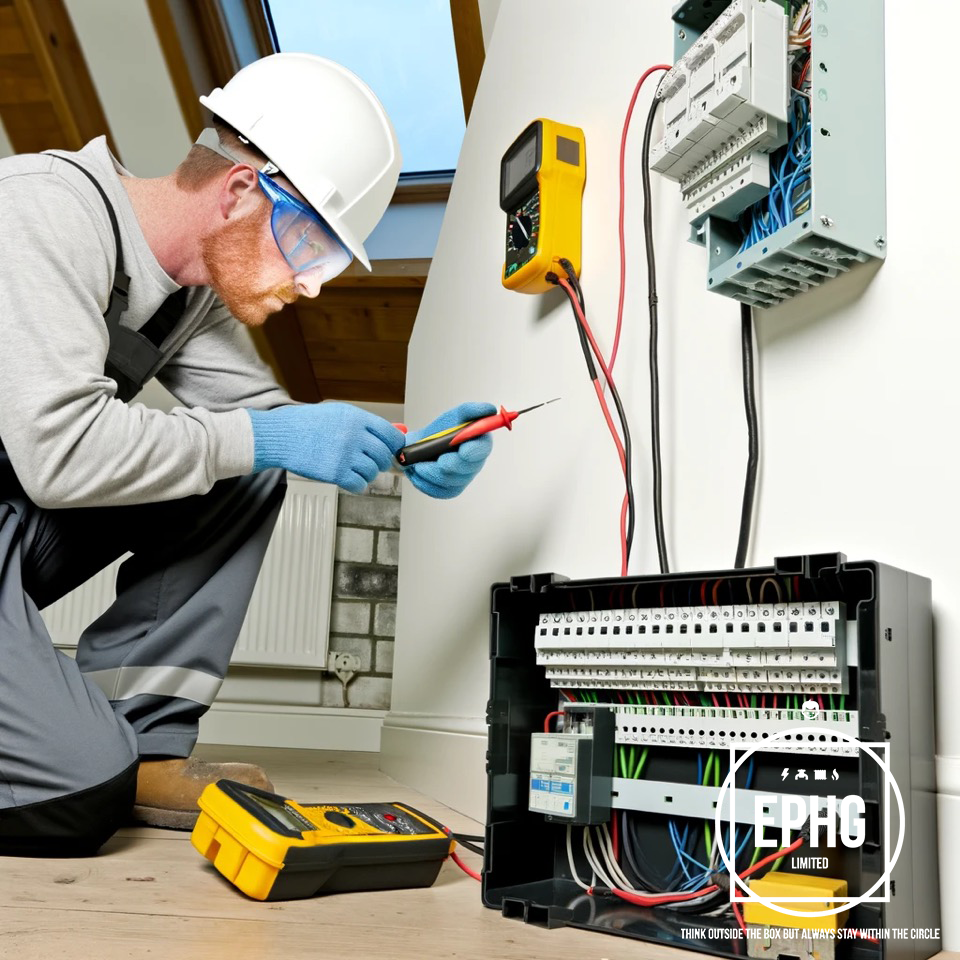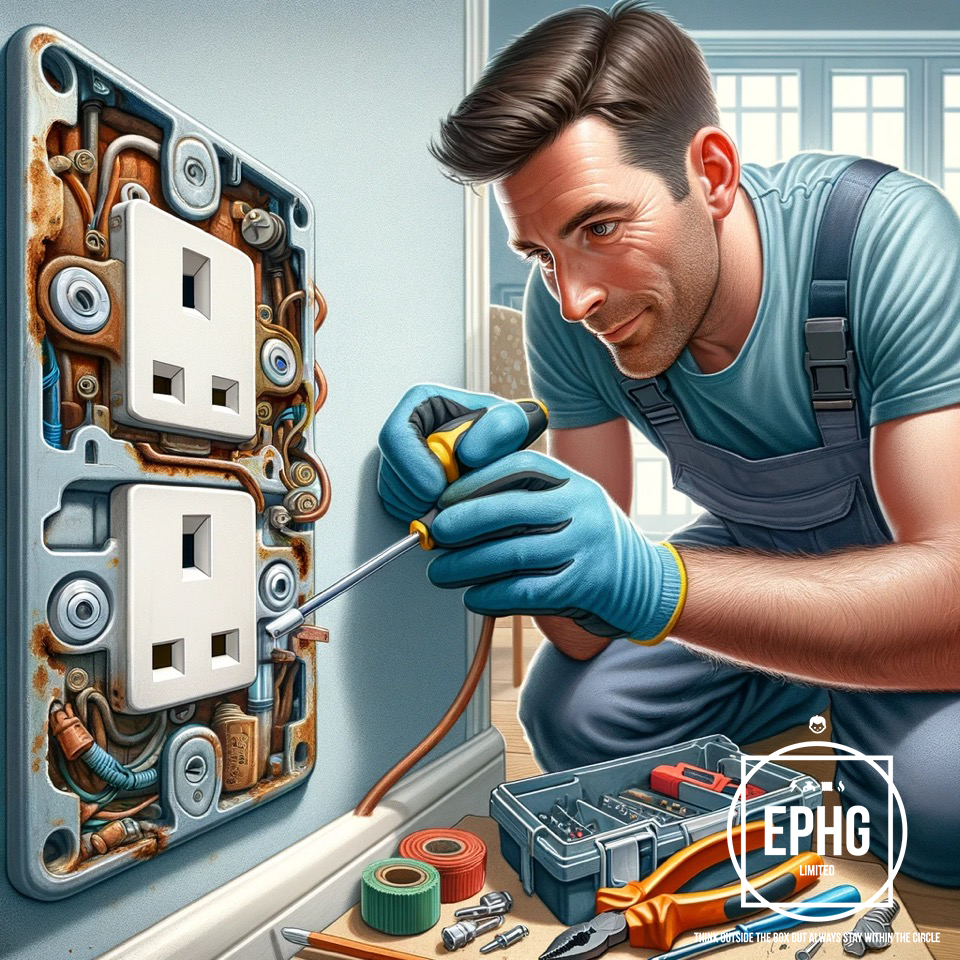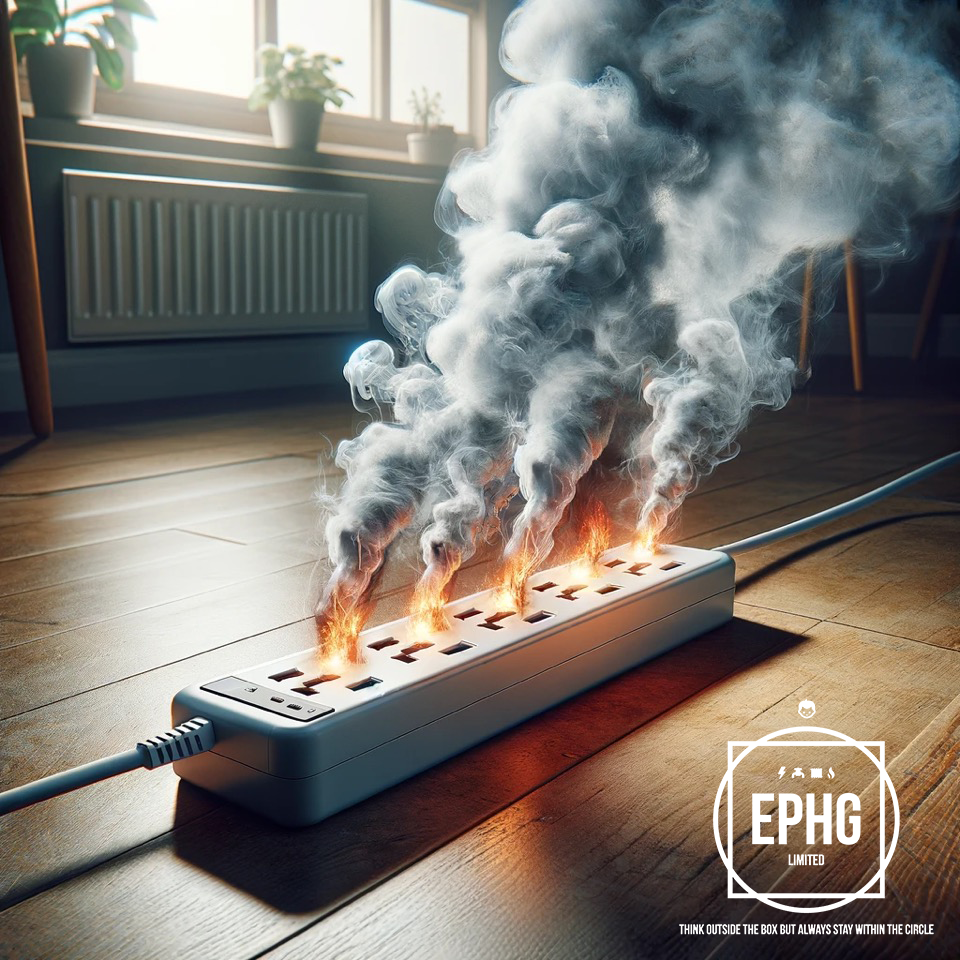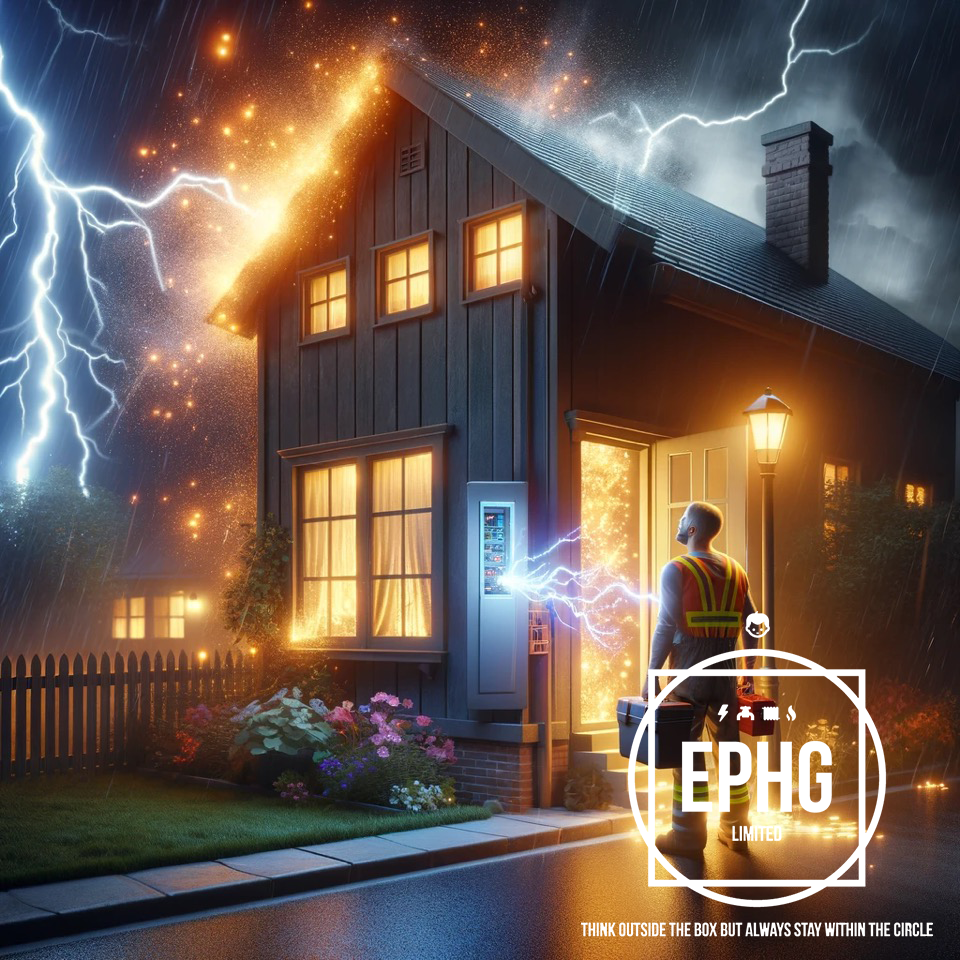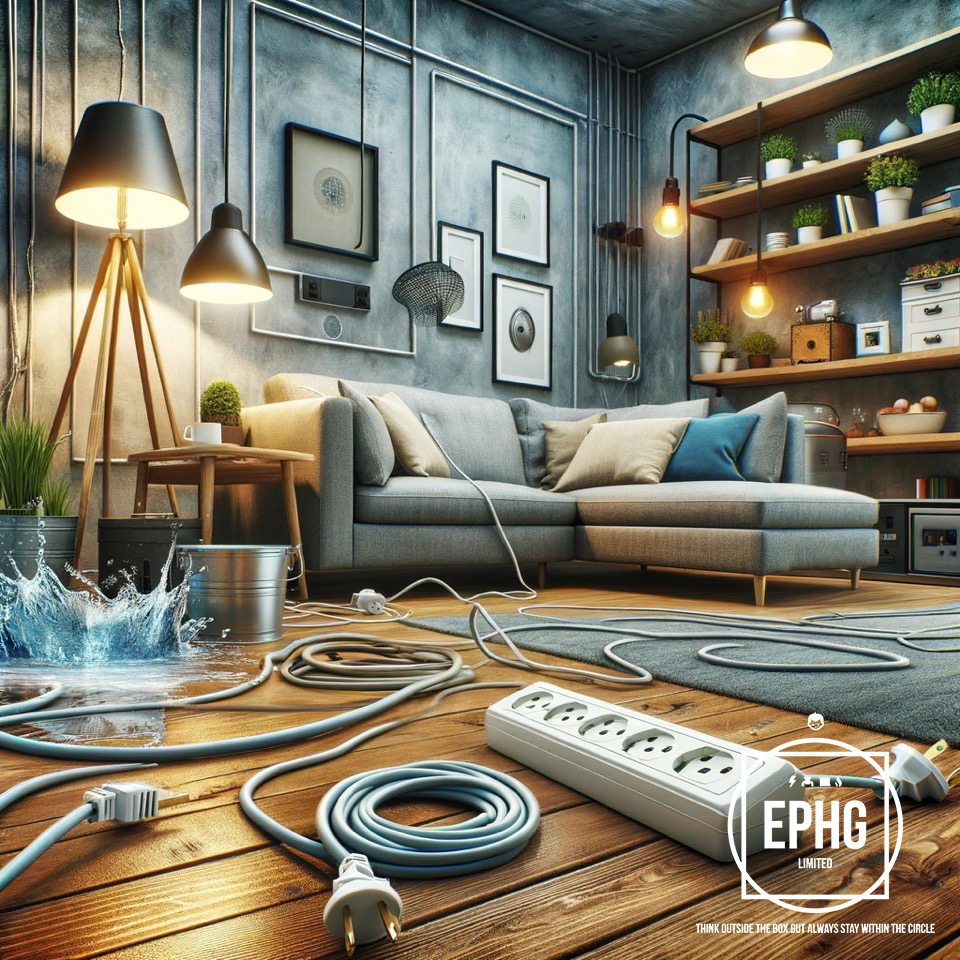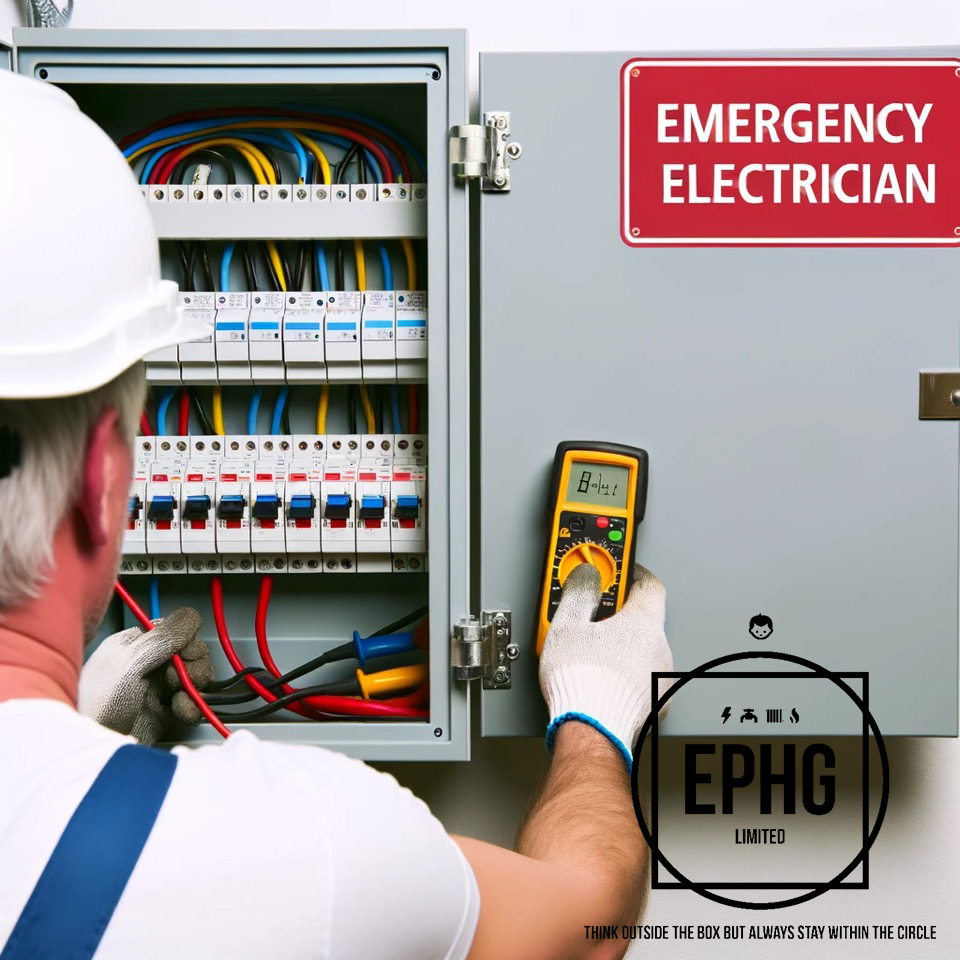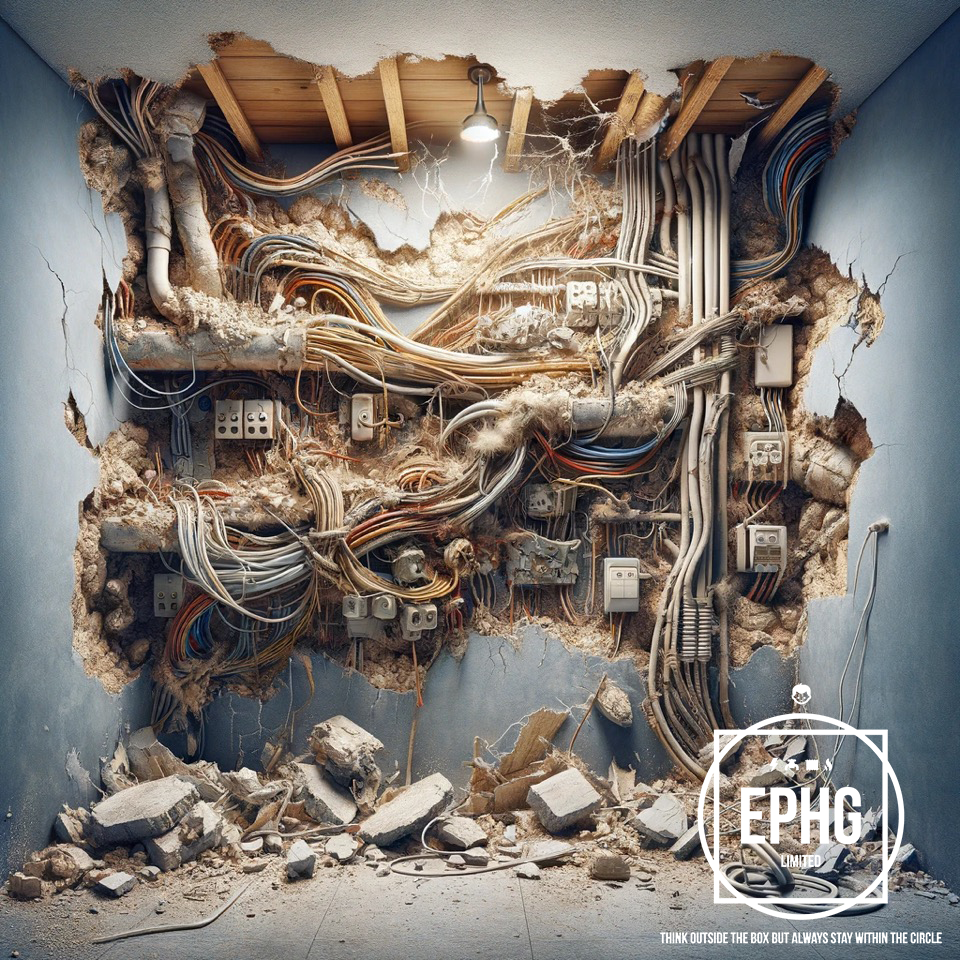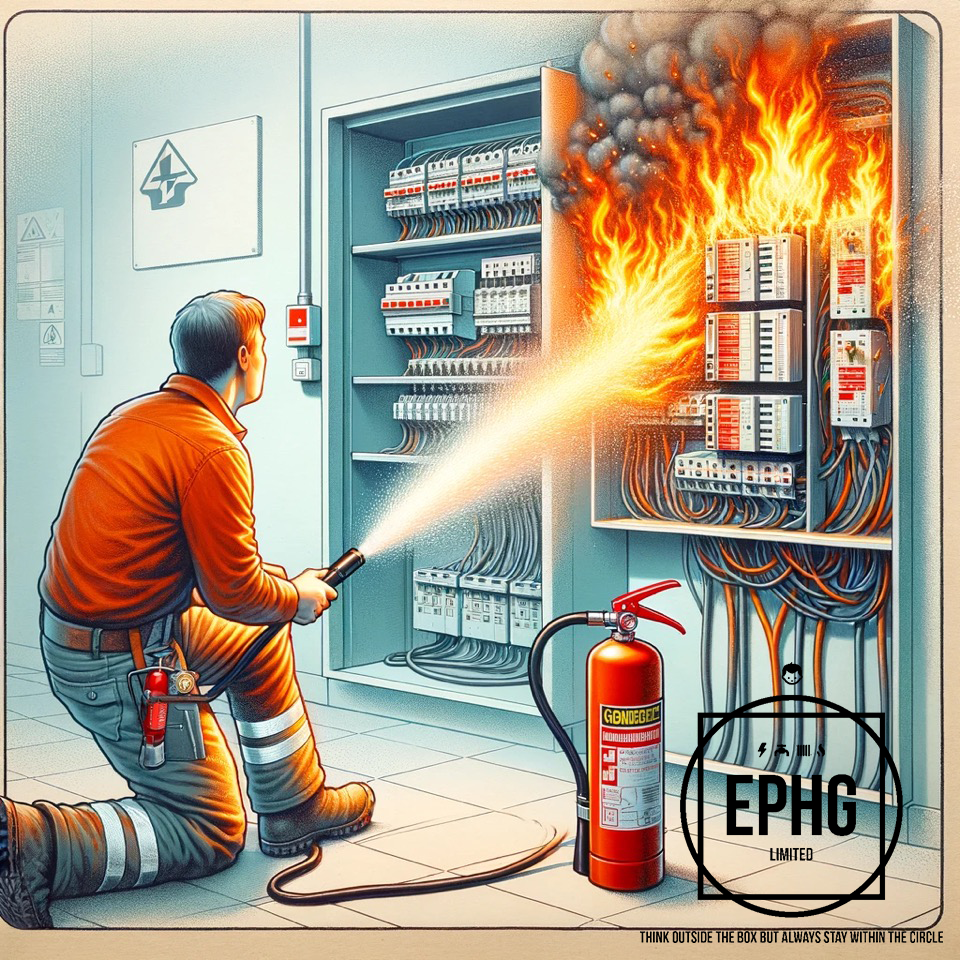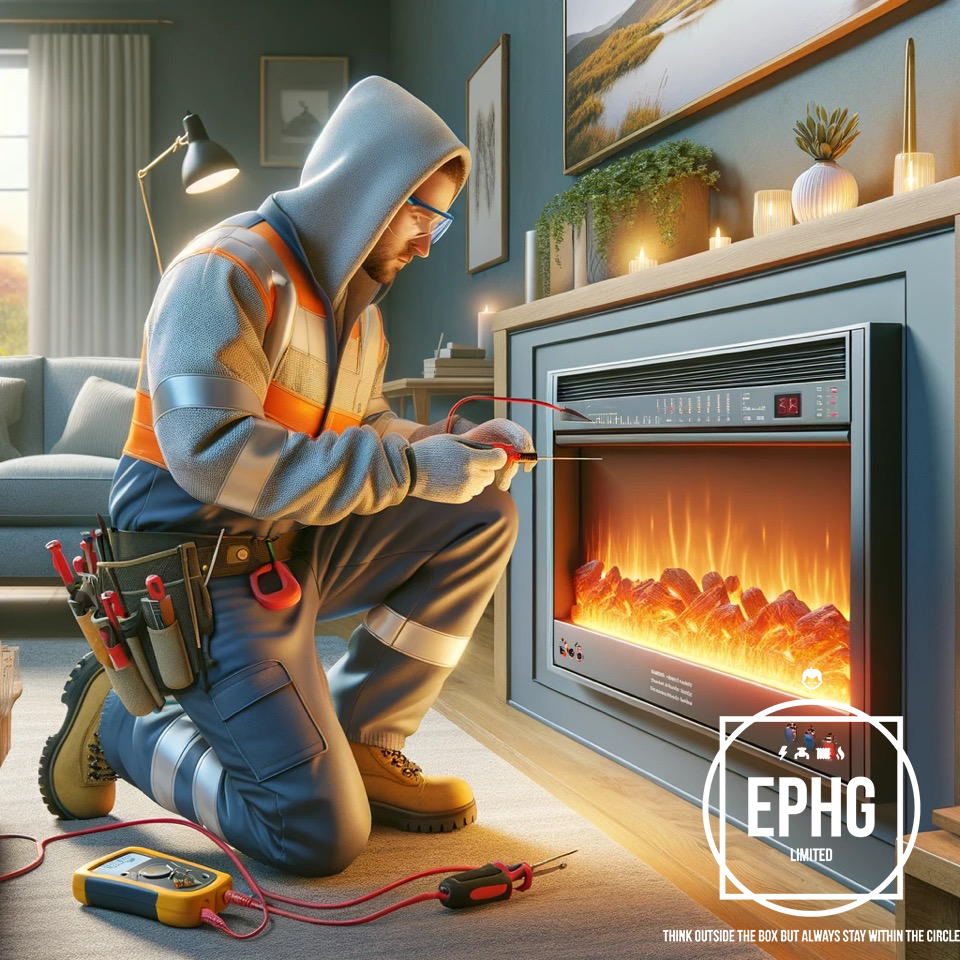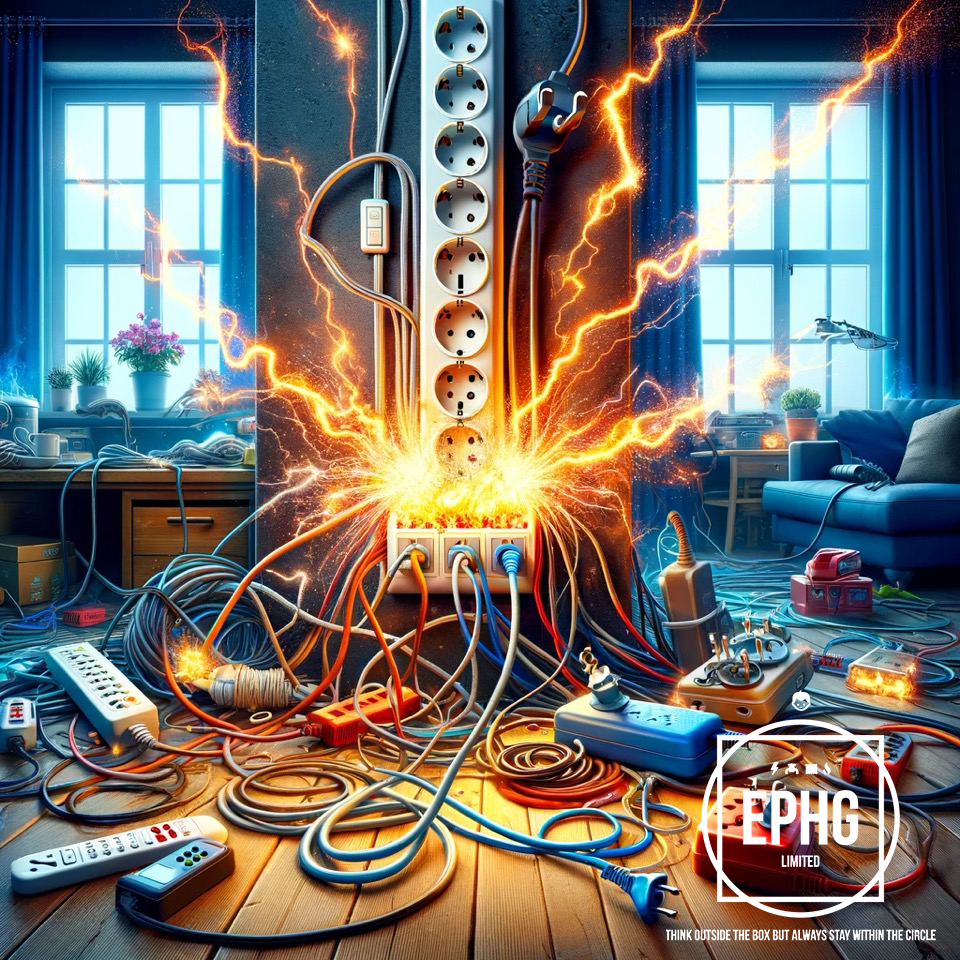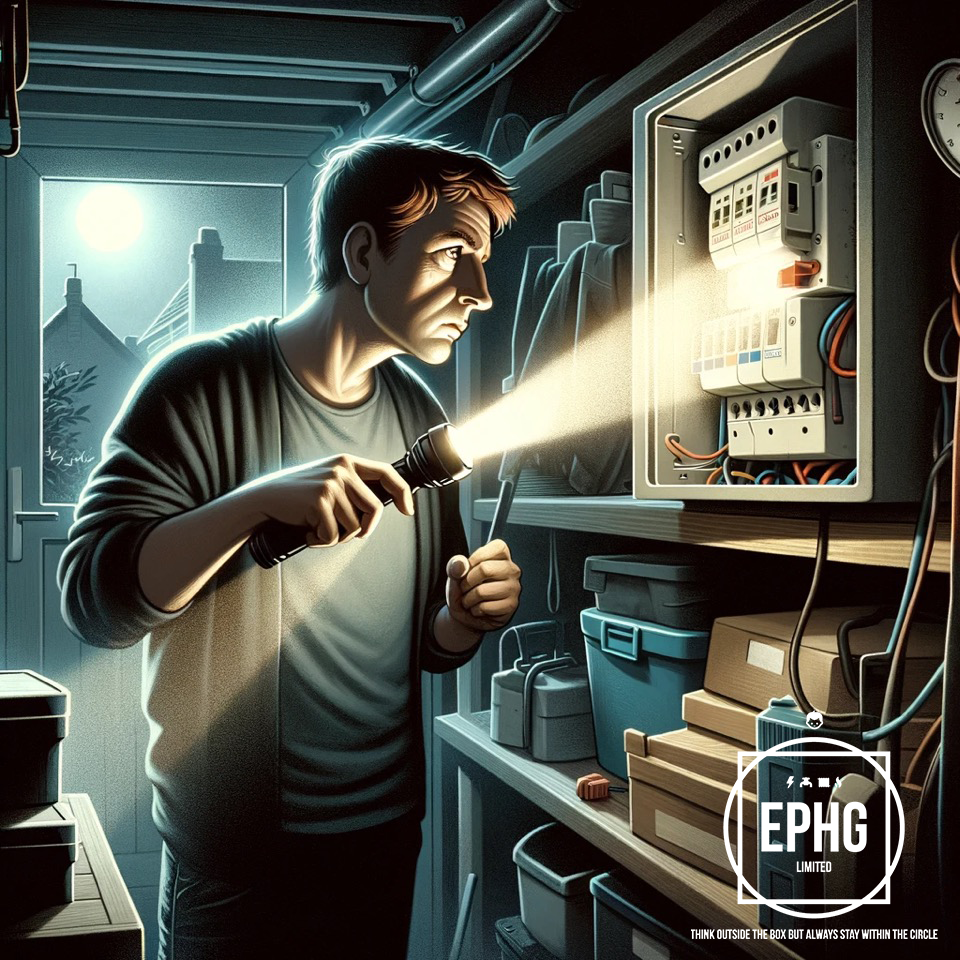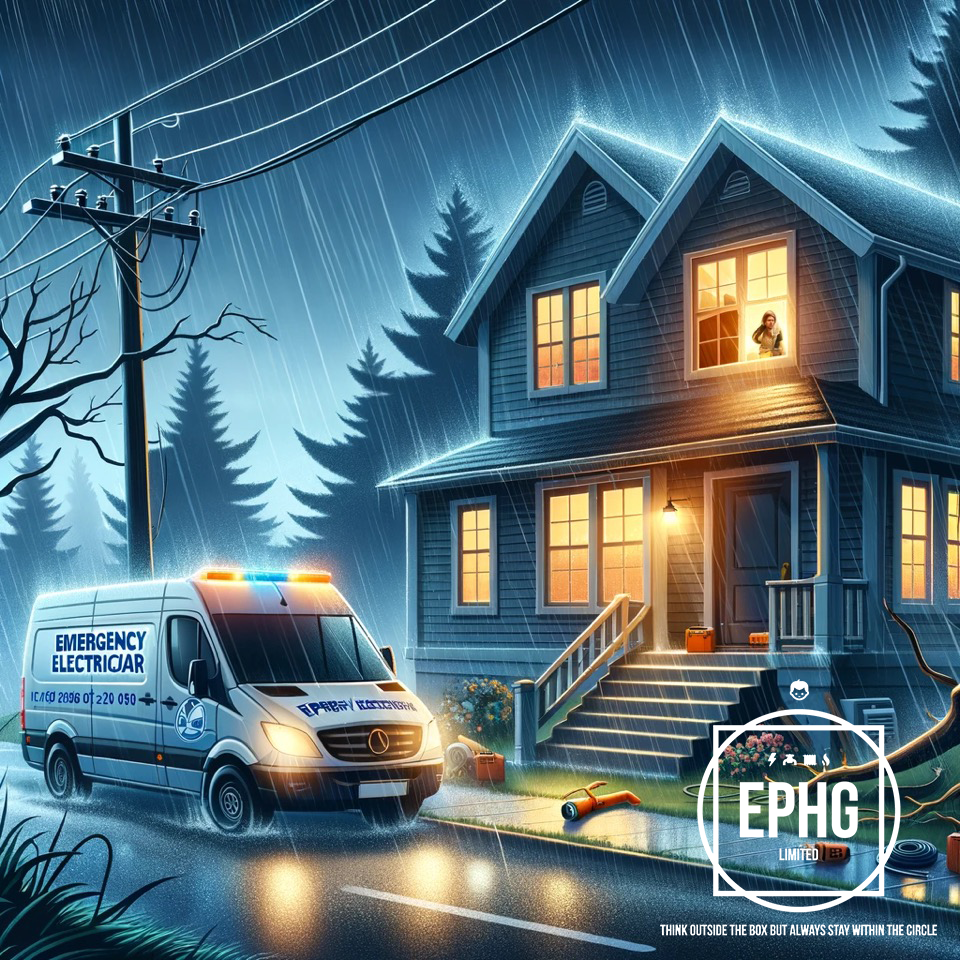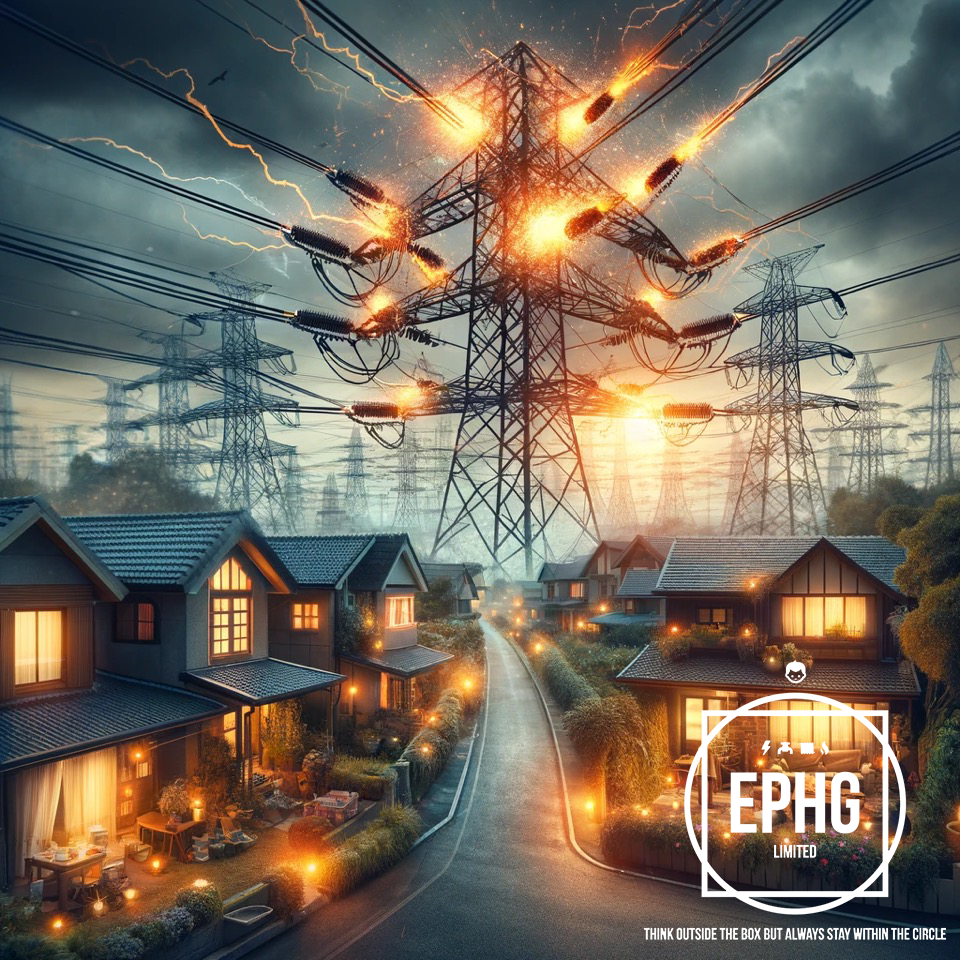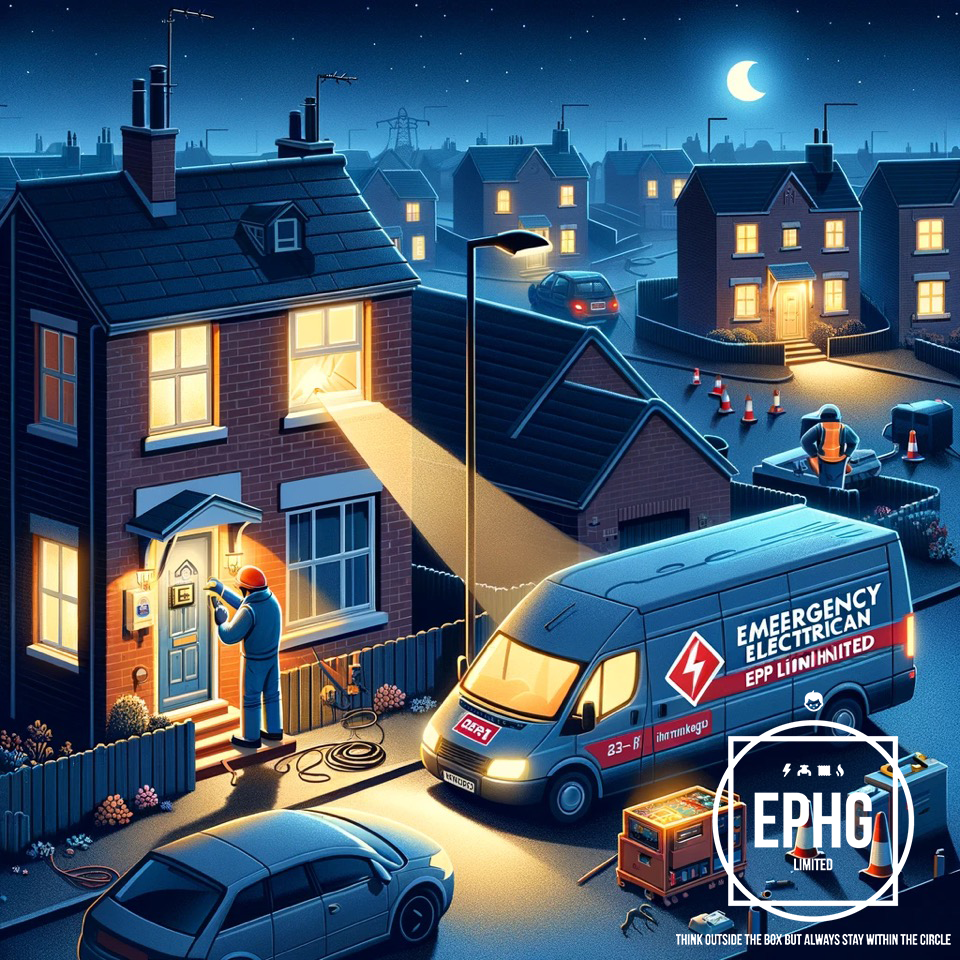

Understanding Overloaded Circuits and the Importance of Hiring an Emergency Electrician
In our modern homes, filled with gadgets and appliances, electrical systems work tirelessly behind the scenes to keep our lives running smoothly. However, these systems have their limits. When pushed beyond these limits, the risk of an overloaded circuit increases, posing potential dangers and highlighting the need for professional intervention. This article delves into what causes an overloaded circuit, the risks it presents, and why hiring an emergency electrician is not just a matter of fixing a problem, but ensuring the safety and well-being of your home and loved ones.
What is an Overloaded Circuit?
An overloaded circuit occurs when too many devices draw power from a single circuit, exceeding its capacity. Modern electrical systems are designed to handle a certain amount of electrical load, measured in amperes (amps). Each circuit in a home is equipped with a circuit breaker or fuse that trips or blows when this capacity is exceeded, preventing the flow of electricity to prevent overheating and potential fire hazards.
Causes of Circuit Overload
The primary cause of an overloaded circuit is the simultaneous operation of multiple power-consuming devices and appliances on a single circuit. This can happen in several ways:
- High-demand Appliances: Large appliances like air conditioners, space heaters, and hair dryers consume a significant amount of electricity. Using these simultaneously with other devices can quickly overload a circuit.
- Insufficient Circuits: Older homes, in particular, may not have enough circuits to accommodate modern electrical demands, leading to frequent overloads.
- Power Strips and Extension Cords: While convenient, using power strips and extension cords to increase outlet capacity doesn't increase the circuit's overall capacity. This common mistake can lead to overloads.
Risks of an Overloaded Circuit
The dangers of an overloaded circuit extend beyond a temporary loss of power. They include:
- Electrical Fires: Overheating wires can ignite, leading to fires within walls that are hard to detect until it's too late.
- Damage to Appliances and Electronics: Fluctuating power supply can damage sensitive electronics, shortening their lifespan or leading to immediate failure.
- Electric Shocks: Overloaded circuits can increase the risk of electric shocks, posing a direct threat to safety.
The Role of an Emergency Electrician
When a circuit overload is suspected or identified, the expertise of an emergency electrician becomes invaluable. Here's why:
- Immediate Response: Emergency electricians are available 24/7, ensuring that dangerous electrical issues can be addressed promptly, any time of the day or night.
- Expert Diagnosis: Identifying the exact cause of an overload can be complex. Emergency electricians have the knowledge and tools to diagnose issues accurately.
- Safety First: They prioritize safety, implementing temporary measures if necessary, to prevent immediate danger before working on a permanent solution.
- Preventive Measures: Beyond fixing the immediate problem, emergency electricians can offer solutions to prevent future overloads, such as upgrading the electrical panel, adding circuits, or rewiring sections of your home.
Conclusion
An overloaded circuit is a serious concern that warrants immediate attention. While modern circuit breakers and fuses offer a first line of defense by cutting off power to prevent damage and danger, they are not foolproof solutions. The knowledge and skills of an emergency electrician play a crucial role in addressing the root cause of overloads, ensuring the safety of your electrical system, and by extension, your home and family. In the face of electrical emergencies, the prompt intervention of a professional can make all the difference.

